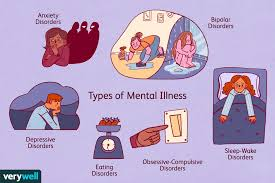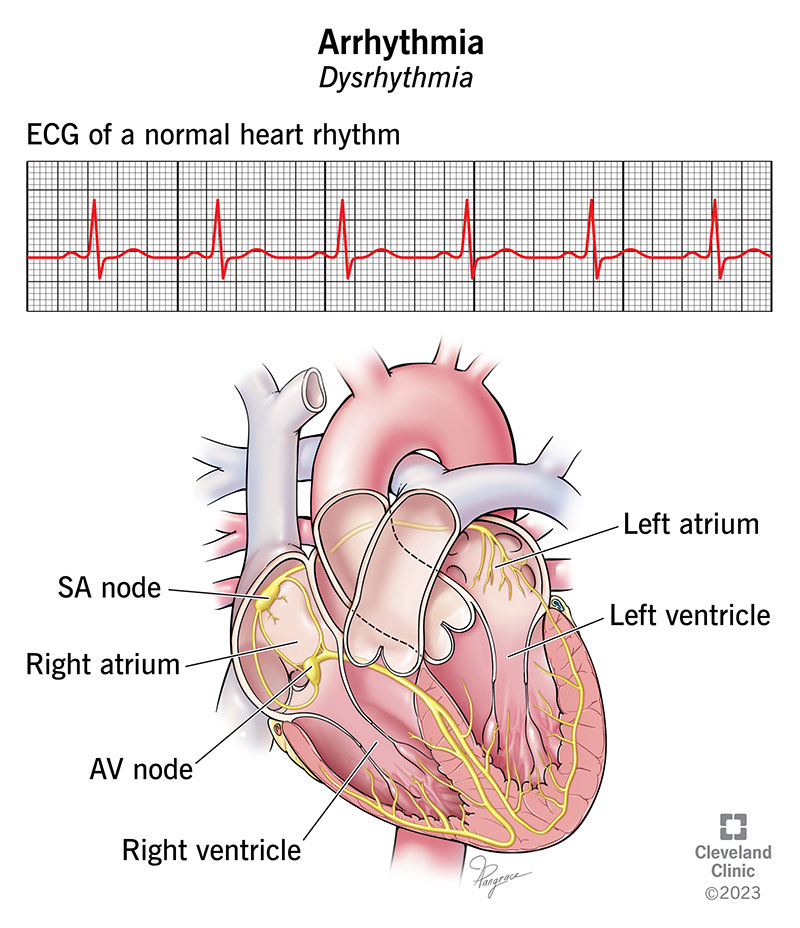A nurse is caring for a client diagnosed with a mental illness. Which of the following actions by the nurse demonstrates the ethical concept of autonomy?
Supporting the client's wish to refuse prescribed medications.
Making sure the client understands expectations for client participation.
Explaining unit rules and policies regarding unacceptable behaviors.
Encouraging client feedback about satisfaction with the facility experience.
Calmly speaking the client's name out of the car window may seem like a non-threatening action, but it involves direct engagement with the client while he is holding a weapon. This could put the nurse at risk if the client reacts unpredictably or feels threatened.
The Correct Answer is A
Choice A Reason:
Supporting the client's wish to refuse prescribed medications is a direct demonstration of respecting the client's autonomy. Autonomy in nursing is the right to self-determination, where patients are provided with adequate information to make their own decisions based on their beliefs and values. By supporting the client's decision, the nurse acknowledges the client's capacity to make informed choices about their own health care, even if the choice is different from what the medical team suggests.
Choice B Reason:
Ensuring that the client understands expectations for participation is more about informed consent and education rather than autonomy. While it is related to autonomy, it does not directly demonstrate the ethical concept since it does not involve a decision made by the client.
Choice C Reason:
Explaining unit rules and policies about unacceptable behaviors is part of the education process and setting boundaries within the healthcare environment. This action is necessary for all clients but does not specifically address the client's autonomy in making personal health decisions.
Choice D Reason:
Encouraging client feedback about satisfaction with the facility experience is a way to involve clients in the evaluation process of the facility's services. While this can be seen as respecting the client's opinions, it is not a direct action of supporting the client's autonomous decisions regarding their treatment plan

Nursing Test Bank
Naxlex Comprehensive Predictor Exams
Related Questions
Correct Answer is A
Explanation
Choice A Reason:
This statement is an example of assertive communication because it acknowledges the client's feelings while also standing firm on the nurse's actions. Assertive communication is characterized by being direct, clear, concise, honest, confident, and respectful¹. It involves expressing thoughts and feelings in a considerate way that respects others, aiming to foster and maintain healthy relationships, rectify conflicts, and prevent resentment due to unexpressed needs.
Choice B Reason:
Telling a client to calm down can be perceived as dismissive and may not be considered assertive communication. It does not acknowledge the client's feelings and can come across as commanding or condescending, which may escalate the situation rather than resolve it.
Choice C Reason:
While this statement does convey the consequences of the client's actions, it lacks the empathy component that is crucial in assertive communication. It is important to balance directness with understanding when addressing sensitive issues.
Choice D Reason:
Asking why the client chose to behave negatively could be seen as confrontational and may put the client on the defensive. Assertive communication aims to avoid power games and foster clear outcomes, which is best achieved through statements that do not provoke or blame.
Correct Answer is C
Explanation
Choice A reason:
Bleeding is not commonly associated with the use of haloperidol. While antipsychotic medications can have a wide range of side effects, bleeding is not typically reported as an adverse effect of haloperidol.
Choice B reason:
Pancreatitis is not a recognized adverse effect of haloperidol. This condition involves inflammation of the pancreas and is more commonly associated with medications that affect the gastrointestinal system directly.
Choice C reason:
Dysrhythmias, or abnormal heart rhythms, are known adverse effects of haloperidol. This medication can affect the electrical activity of the heart, potentially leading to serious cardiac events.
Choice D reason:
Cataracts are not a direct adverse effect of haloperidol. While long-term use of some medications can increase the risk of developing cataracts, haloperidol is not specifically linked to this condition.

Whether you are a student looking to ace your exams or a practicing nurse seeking to enhance your expertise , our nursing education contents will empower you with the confidence and competence to make a difference in the lives of patients and become a respected leader in the healthcare field.
Visit Naxlex, invest in your future and unlock endless possibilities with our unparalleled nursing education contents today
Report Wrong Answer on the Current Question
Do you disagree with the answer? If yes, what is your expected answer? Explain.
Kindly be descriptive with the issue you are facing.
